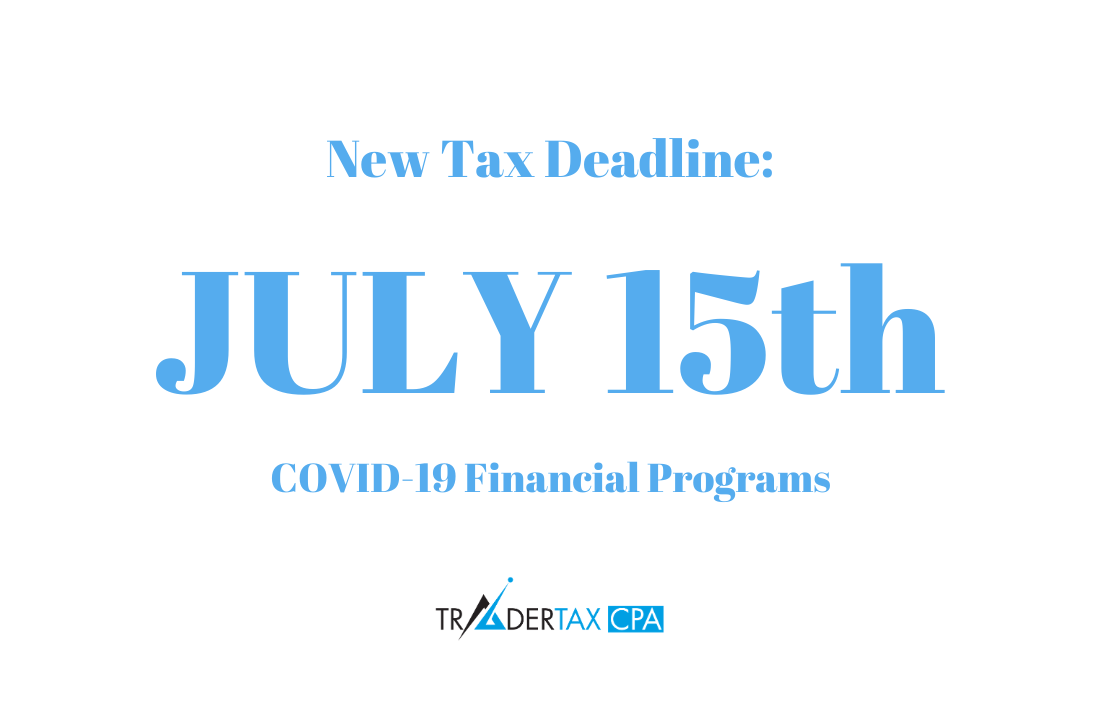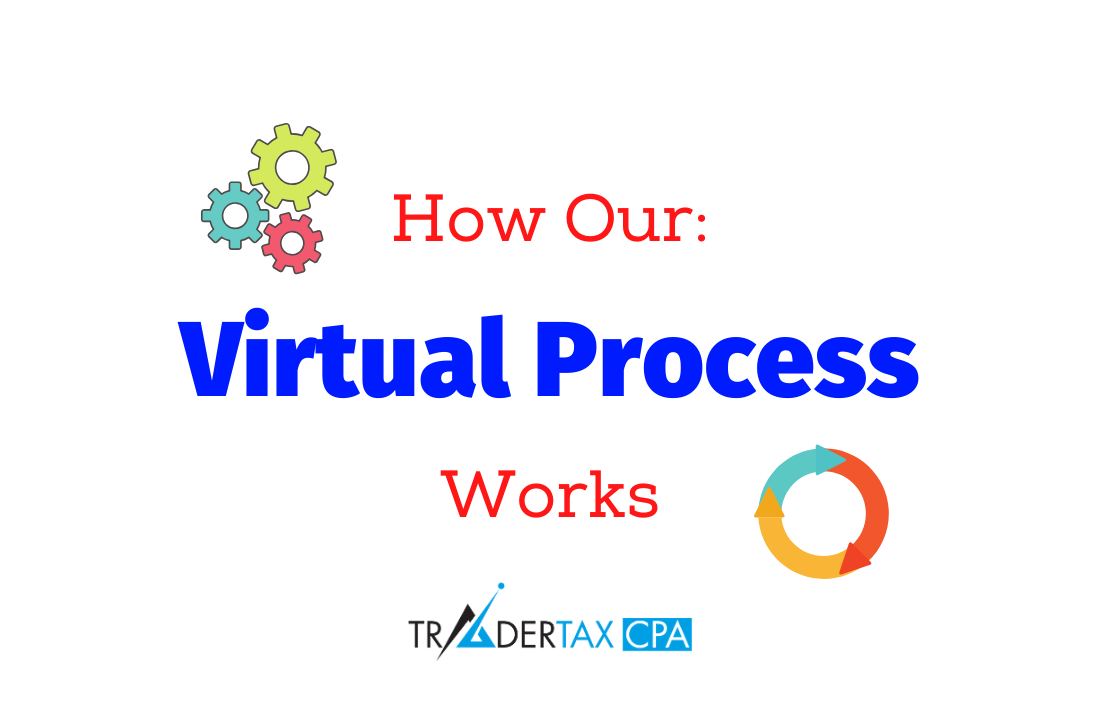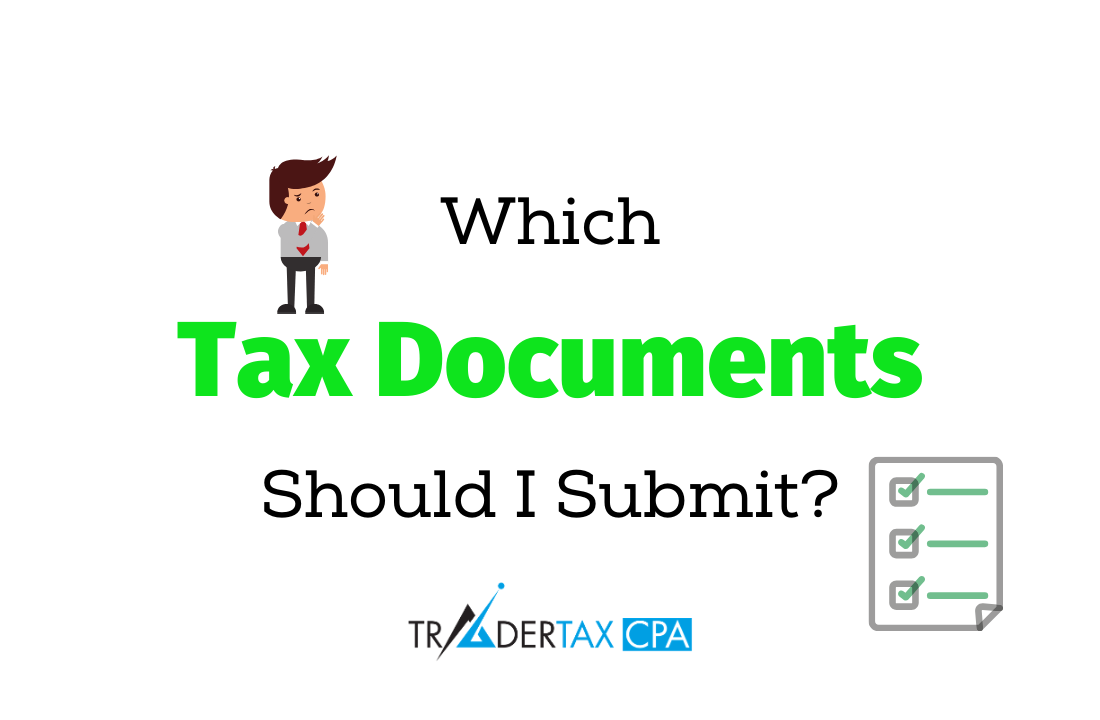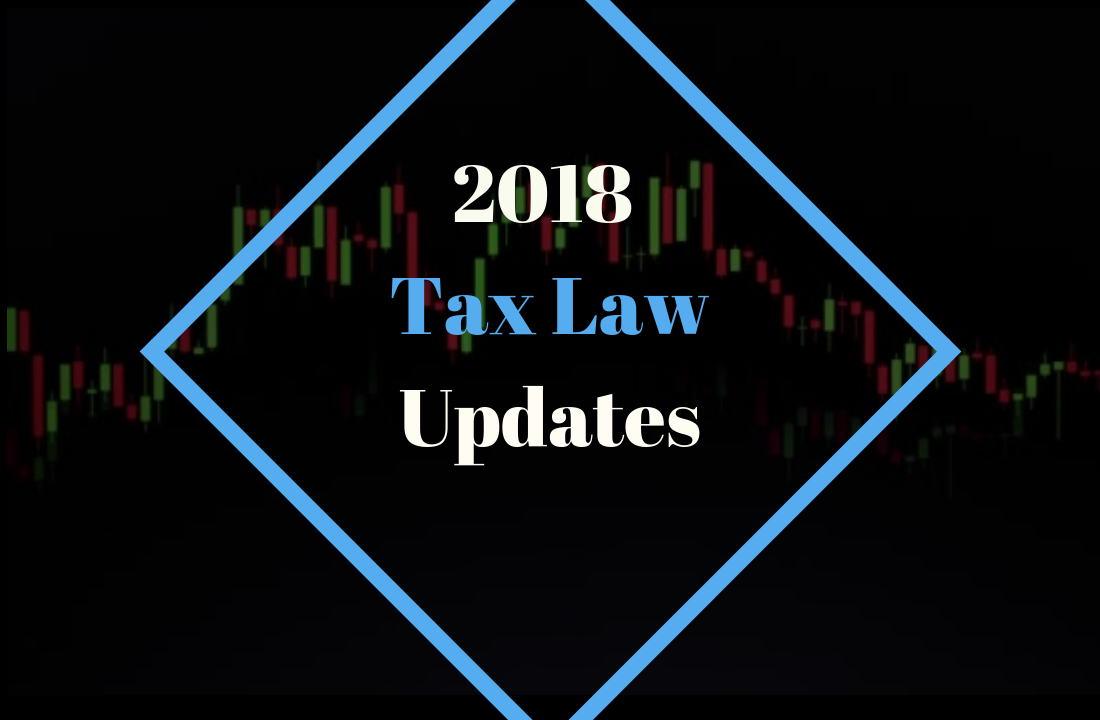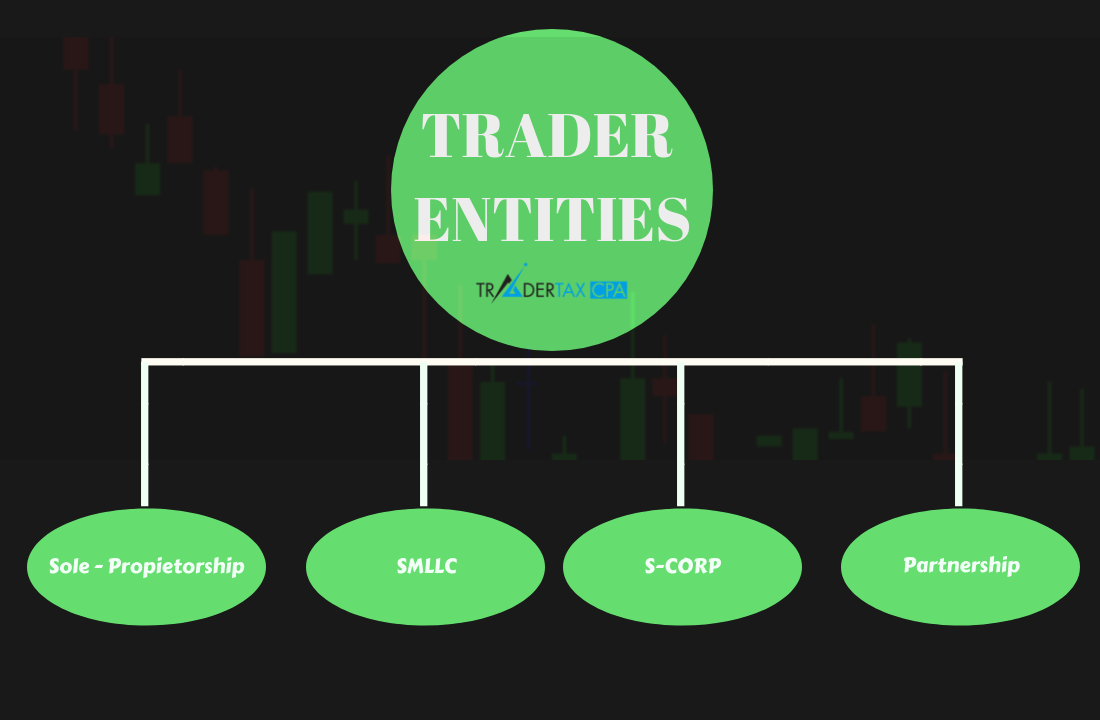Once a trader has experienced success and the wonderful opportunity of paying taxes they quickly realize the importance of trader tax status — it unlocks a wealth of benefits.
One of the most frequent questions I receive from traders is, “What is the difference between filing a return as a trader vs. investor”? If I could sum it up in one word it would be DEDUCTIONS!
If you qualify for trader tax status, you get to file a business tax return and claim business expenses. This allows you to take many more deductions than you’d be able to take if you filed as an investor. Investors are severely limited under the tax code from deducting trading expenses.
Let’s look at a comparison side by side:
| Type |
Investor |
Trader |
| Capital Loss and Wash Sale Rules |
Yes |
Yes |
| Investment Interest Expense |
Limited |
Unlimited |
| Investment Expenses |
Limited |
Unlimited |
| Form Expenses Recorded on? |
Schedule A |
Schedule C or Business Return |
| Mark to Market Accounting? |
Not Allowed |
Yes |
| Home Office Expenses |
Not Allowed |
Yes |
| Education Expenses |
Not Allowed |
Yes |
| Depreciation of Computers & Equipment |
Limited: Subject to 2% Floor |
Yes |
| Net Operating Loss Carryback |
Not Allowed |
Yes |
**Based on IRS Tax Topic 429**
EXPENSE LIMITATION
Looking at the above list you can see that filing your tax return as an investor limits the amount of expense deducations you are able to take. Since all expenses for an investor are filed on a Schedule A, they are classified as miscellaneous itemized deductions. This means that they must be greater than 2% of your adjusted gross income. It also means you can deduct only the amount that exceeds the 2% limit!
2018 UPDATE: The Tax Cuts and Jobs Act eliminated all miscellaneous itemized deductions for investors; giving you more reason to qualify for trader tax status.
For example, if your AGI is $100,000, your expenses must be greater than $2,000 in order for you to deduct them. If your expenses are $3000, you can deduct only $1000 (the amount over the 2% limit) from your taxes.
Traders are not subject to this limitation since they will claim all of their business expenses. This enables them to deduct ALL expenses associated with their trading business.
INVESTMENT INTEREST EXPENSE LIMITATION
Investors can deduct margin interest as an itemized deduction on their Schedule A but only to the extent of their net investment income. Any excess investment interest expenses are carried over to the following tax year to be deducted in the same way.
Traders are not subject to this limitation. They deduct margin interest in full on Schedule C as a business expense instead of an itemized deduction. Since margin interest for most traders can run many thousands of dollars, this is a HUGE tax advantage.


